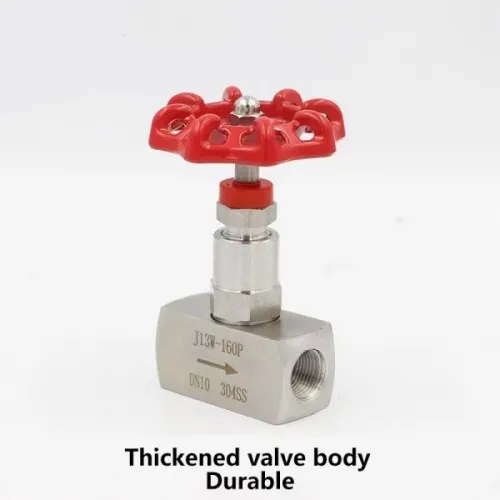wholesale forging flanges
Wholesale Forging Flanges An Overview
In the realm of industrial manufacturing, flanges play a crucial role in the assembly of piping systems. They serve as the connecting elements between pipes, valves, and other equipment, ensuring a secure and leak-proof interface. Among the various methods used to produce flanges, forging has gained prominence for its strength and durability. This article explores the wholesale forging flanges market, highlighting its benefits, production processes, and key considerations for buyers.
Understanding Forging Flanges
Forging is a process that involves shaping metal using localized compressive forces. It enhances the material's structural integrity, making forged flanges superior in terms of strength and resistance to high pressures. These flanges come in various types, including weld neck, slip-on, blind, socket weld, and threaded flanges, catering to different applications across industries such as oil and gas, chemical processing, and water treatment.
Benefits of Forging Flanges
1. Enhanced Strength The forging process aligns the grain structure of the metal, resulting in improved strength and toughness. This makes forged flanges ideal for high-stress environments.
2. Customizability Wholesale suppliers often offer forged flanges in various sizes, materials, and configurations, enabling businesses to find exactly what they need for their specific applications.
3. Cost-Effectiveness Purchasing forged flanges wholesale can significantly reduce costs. Bulk buying allows companies to take advantage of lower prices per unit, which is a considerable benefit for large-scale projects.
4. Quality Assurance Reputable wholesale suppliers usually adhere to strict quality control standards. This means that buyers can trust the integrity and reliability of the flanges being purchased.
Production Process
The production of forging flanges typically involves several key steps
1. Material Selection High-quality raw materials, such as carbon steel, stainless steel, or alloy steel, are chosen based on the application requirements.
wholesale forging flanges

2. Heating The selected metal is heated to a temperature where it becomes malleable yet retains its strength.
3. Forging Using either open-die or closed-die techniques, the heated metal is shaped into the desired form through mechanical presses or hammers.
4. Heat Treatment This step is often employed to further enhance the mechanical properties of the flanges, ensuring they meet industry standards.
5. Finishing The final touches include machining, polishing, and surface treatment to achieve the required specifications and aesthetic quality.
Considerations for Buyers
When purchasing wholesale forging flanges, buyers should consider a few essential factors
- Supplier Reputation Always choose suppliers with a proven track record and positive reviews within the industry.
- Certifications Ensure the supplier complies with relevant industry standards and possesses certifications (such as ISO) that guarantee quality.
- Lead Time Understand the lead times involved in fulfilling your order and ensure they align with your project timelines.
- After-Sales Support A reliable supplier should offer comprehensive after-sales support, including warranty and replacement options.
In summary, wholesale forging flanges are a vital component in various industrial applications. Their strength, durability, and cost-effectiveness make them an attractive choice for businesses looking to procure high-quality flanges. By understanding the benefits and considerations involved in purchasing forging flanges, companies can make informed decisions that enhance their operational efficiency and reliability.
-
The Key to Fluid Control: Exploring the Advantages of Ball Valves in Industrial SystemsNewsJul.09,2025
-
The Versatile World of 1, 2, and 3 Piece Ball ValvesNewsJul.09,2025
-
Stainless Steel Ball Valves: The Ideal Choice for Efficient Flow ControlNewsJul.09,2025
-
Optimizing Fluid Control with Ball Float ValvesNewsJul.09,2025
-
Manual Gate Valves: Essential for Control and EfficiencyNewsJul.09,2025
-
Everything You Need to Know About Butterfly ValvesNewsJul.09,2025
-
The Versatility of Wafer Type Butterfly ValvesNewsJul.08,2025




